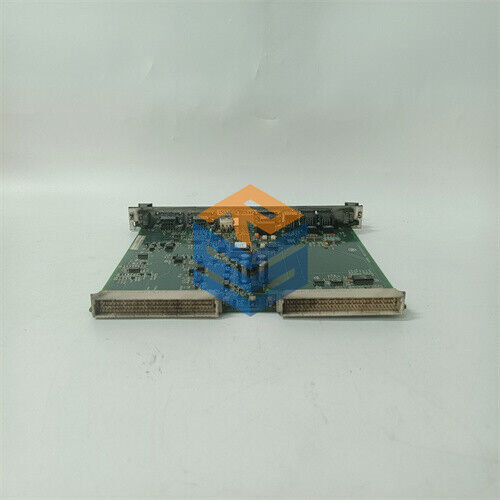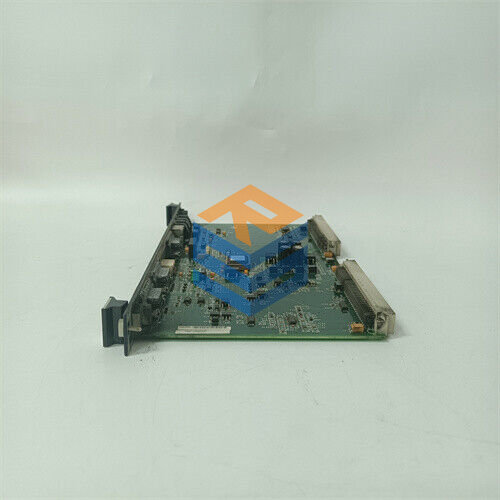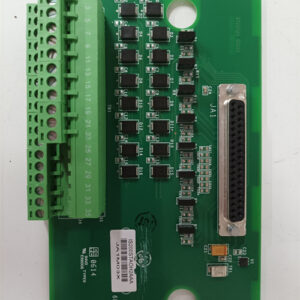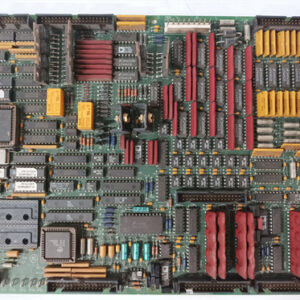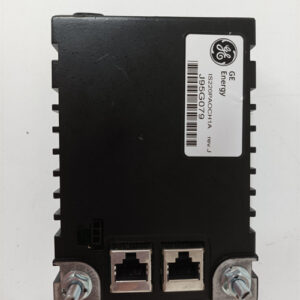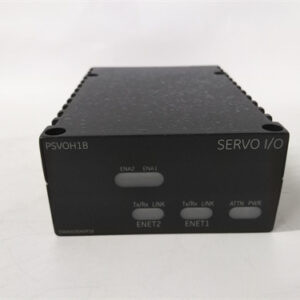الوصف
The GE IC2956A205B is a contactor interlock with 2 Normally Closed (NC) circuits. This auxiliary device is specifically designed for use with contactors and relays and features gold-plated contacts for enhanced reliability in low-current switching applications.
Technical Breakdown 🧠
An interlock block, also known as an auxiliary contact block, is a modular attachment that snaps onto a main contactor or relay. The IC2956A205B provides 2 Normally Closed (NC) contacts, meaning these contacts are closed when the main contactor’s coil is de-energized and open when the coil is energized.
The key feature of this model is its gold-plated contacts. Gold is highly resistant to oxidation and corrosion, making it an excellent conductor, especially for very low currents. This ensures reliable signal transfer and prevents intermittent failures, which is crucial for critical control circuits. This block is mechanically linked to the main device’s armature, ensuring its contacts switch in perfect sync with the main power contacts.
Applications 🏭
The IC2956A205B is a fundamental component in industrial control panels for:
- Interlocking: Creating safety circuits where one device’s status must be known before another can operate.
- Feedback: Sending a reliable signal to a PLC or a supervisory control system to confirm the status of a contactor.
- Signal Multiplication: Allowing a single command to the main contactor to trigger multiple events in the control circuit.
- Low-Current Sensing: Providing reliable switching in circuits with very low signal currents where standard contacts might fail due to oxidation.

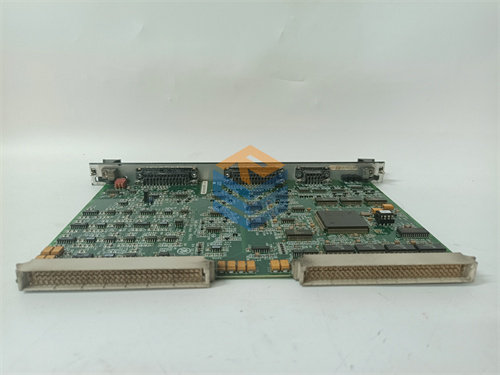
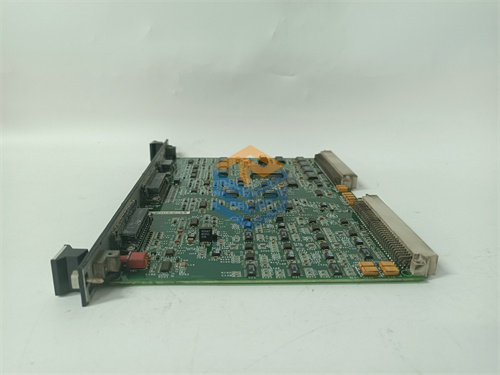

 +86 15340683922
+86 15340683922 +86 15340683922
+86 15340683922